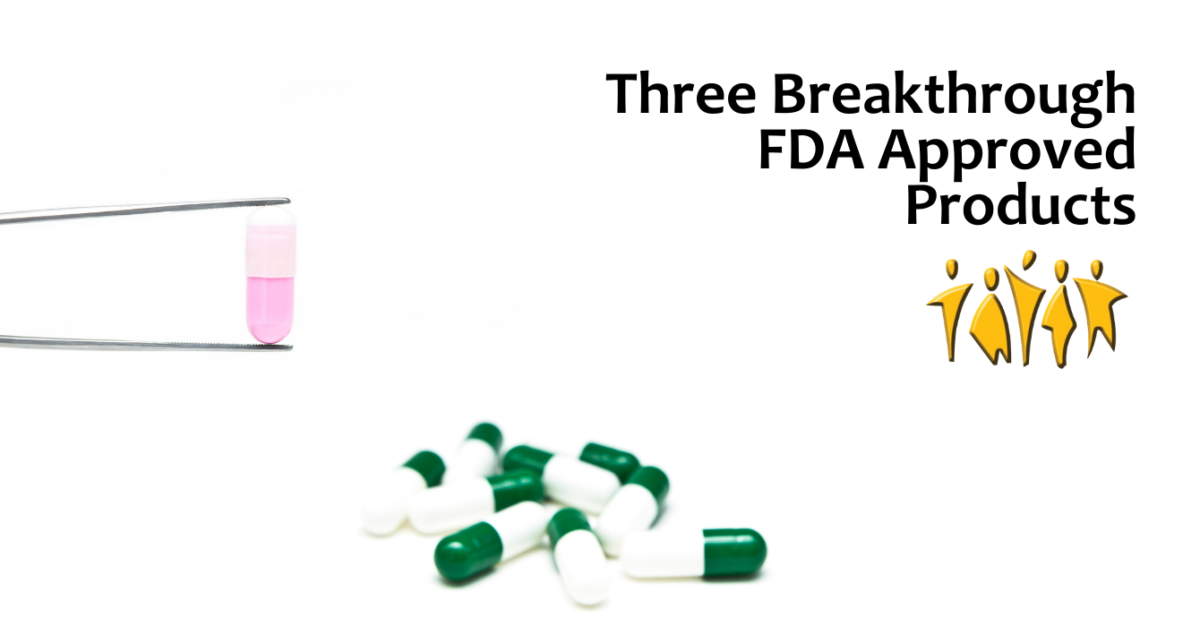
Three breakthrough products were approved by the FDA at the beginning of June:
-
Novo Nordisk’s Wegovy (semaglutide) for weight loss
-
Biogen’s Aduhelm (aducanumab) for Alzheimer’s Disease
-
Pfizer’s PREVNAR 20 (pneumococcal 20-valent conjugate vaccine) for the prevention of pneumonia
We had an informative Q&A session with Dr. Michael Koren recently to discuss the recent flurry of FDA approvals of medical products that were developed and then studied at ENCORE Research Group sites.
Q: Dr. Koren, how do you feel about these FDA approvals?
A: It is so gratifying to see the work of ENCORE Research Group’s dedicated people to help make these products available to the general public. Having experience with these products over several years makes me feel comfortable that the FDA made a sound decision.
Q: Can you comment on what it was like to be Principal Investigator for the Wegovy (semaglutide) clinical trials?
A: The understanding of metabolism and how that affects appetite represents a major advance in medicine. Patients who have been working with us over the last five years have had advanced access to semaglutide and many of my patients have had profound weight loss and improvement in their cardiovascular risk factors. It’s quite gratifying to see that this product will now be more broadly available.
Q: Are there any lessons for the general population?
A: The approval of these drugs exemplifies how our patients (ENCORE Community)
have access and opportunities to use medical products before they are available to the general public. In many cases these products provide advantages that are not seen with products already on the market. The fact that patients can get access to these products (or not, in a placebo-controlled environment) without any cost and with the extra benefits of the incredible dedicated staff that we have is perhaps my most gratifying experience.
Q: What’s the next semaglutide?
A: Yogi Berra always said “it’s tough to make predictions, especially about the future.” But even with my crystal ball low on batteries, I have a feeling that it will be major breakthroughs in the lipid space; the most exciting news since statins first came out. We know that the PCSK9 protein is a bad actor. We are excited because we have data from outcome studies that show decreased cardiovascular risk with the PCSK9 inhibitor therapies, Repatha and Praluent, however these therapies are expensive and difficult to make. New lipid therapies that we are studying include adnectins that neutralize the PCSK9 protein once secreted by the hepatocytes (liver cells). Other new therapies prevent the production of the PCSK9 protein in the first place, including siRNA (small interfering RNA) and ASOs (antisense oligonucleotides). siRNA are used to silence the gene that creates the PCSK9 protein. ASOs target and inhibit the source of PCSK9 protein production.




